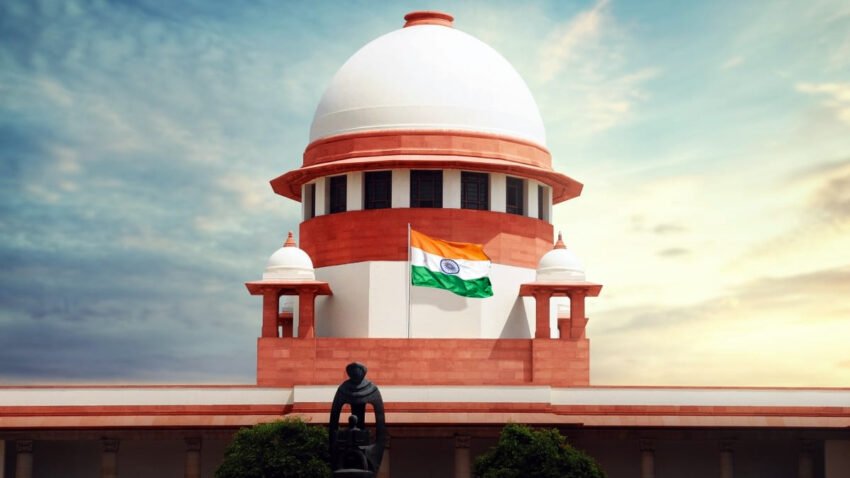News Date: 18 Apr, 2023, 10:57 am IST
New Delhi: The Supreme Court on Monday granted bail to Assamese activist and Sibsagar MLA Akhil Gogoi in a case registered against him under the Unlawful Activities Prevention Act (UAPA) for his speeches against the Citizenship Amendment Act (CAA) and alleged links to Maoist organisations. [Akhil Gogoi vs the State (National Investigation Agency) and ors]
A bench of Justices V Ramasubramanian and Pankaj Mithal, however, upheld a Gauhati High Court order which had set aside Gogoi’s discharge in the case.
The apex Court had, on March 20 this year, reserved its verdict on the appeal by the Assamese peasant leader against the High Court order.
The bench had in February sought the response of the National Investigation Agency (NIA) in the matter.
The notice issued was limited to the aspect of whether Gogoi can be released on bail till the trial is over.
Senior Advocate Huzefa Ahmadi, appearing for Gogoi, had argued that there were no allegations of the leader abusing his liberties while out on bail post the discharge order.
Solicitor General Tushar Mehta, appearing for the NIA, then said that the CPI (Maoist), to which Gogoi allegedly sent cadre for warfare training, has never been a political party.
Additional Solicitor General Aishwarya Bhati, assisted by advocate Kanu Agrawal, said that the charges under the UAPA were not with regard to peaceful bandhs or shutdowns, but for the far graver offence of using terrorist methods and waging war against an elected government.
Gogoi and three others were booked for the offences in relation to December 2019 protests and speeches against the Citizenship Amendment Act (CAA) and alleged links to Maoist organisations.
They were charged under various provisions of Unlawful Prevention Activities Act (UAPA) and for Sedition (section 124A), promoting enmity between religious groups (section 153A) and 153B (Statement against national integration) under the Indian Penal Code.
The special NIA court in Guwahati had in July 2021 discharged Gogoi of all the charges against him.
The special court had gone on to the extent of stating that the speeches made by Gogoi far from inciting violence, in fact exhorted people not to resort to violence.
The special court had underscored that temporary blockades/protests without incitement to violence would not constitute a terrorist act under Section 15 of UAPA.
The High Court had, however, overturned this verdict on February 9 this year, stating that the special Court had ‘travelled way beyond the level of sifting of evidence’ permissible at the stage of framing charges, and its order read like that of an acquittal than discharge.
It had, therefore, remitted the matter back to the special court for fresh consideration on framing of charges, leading to the present appeal before the top court.



